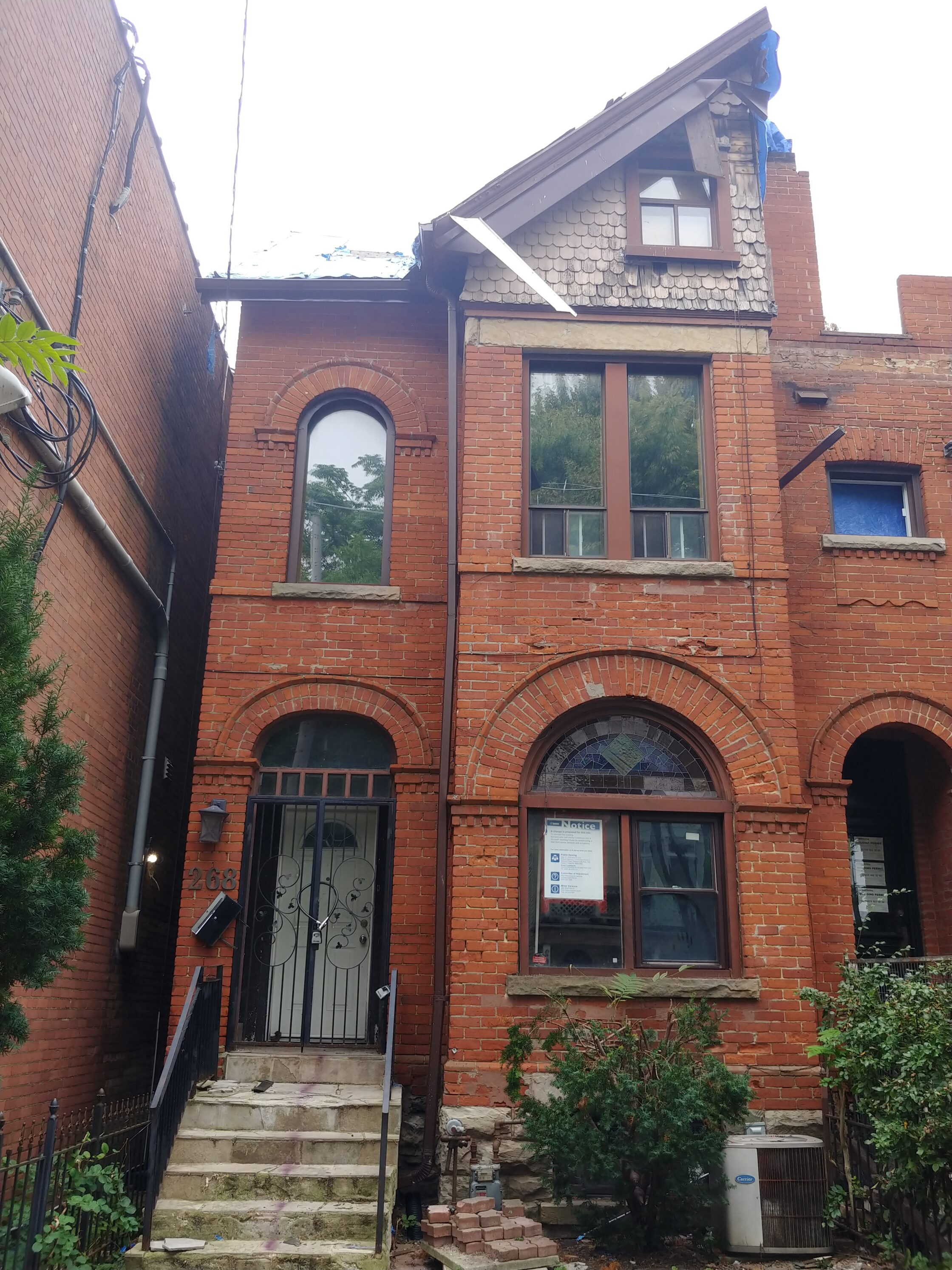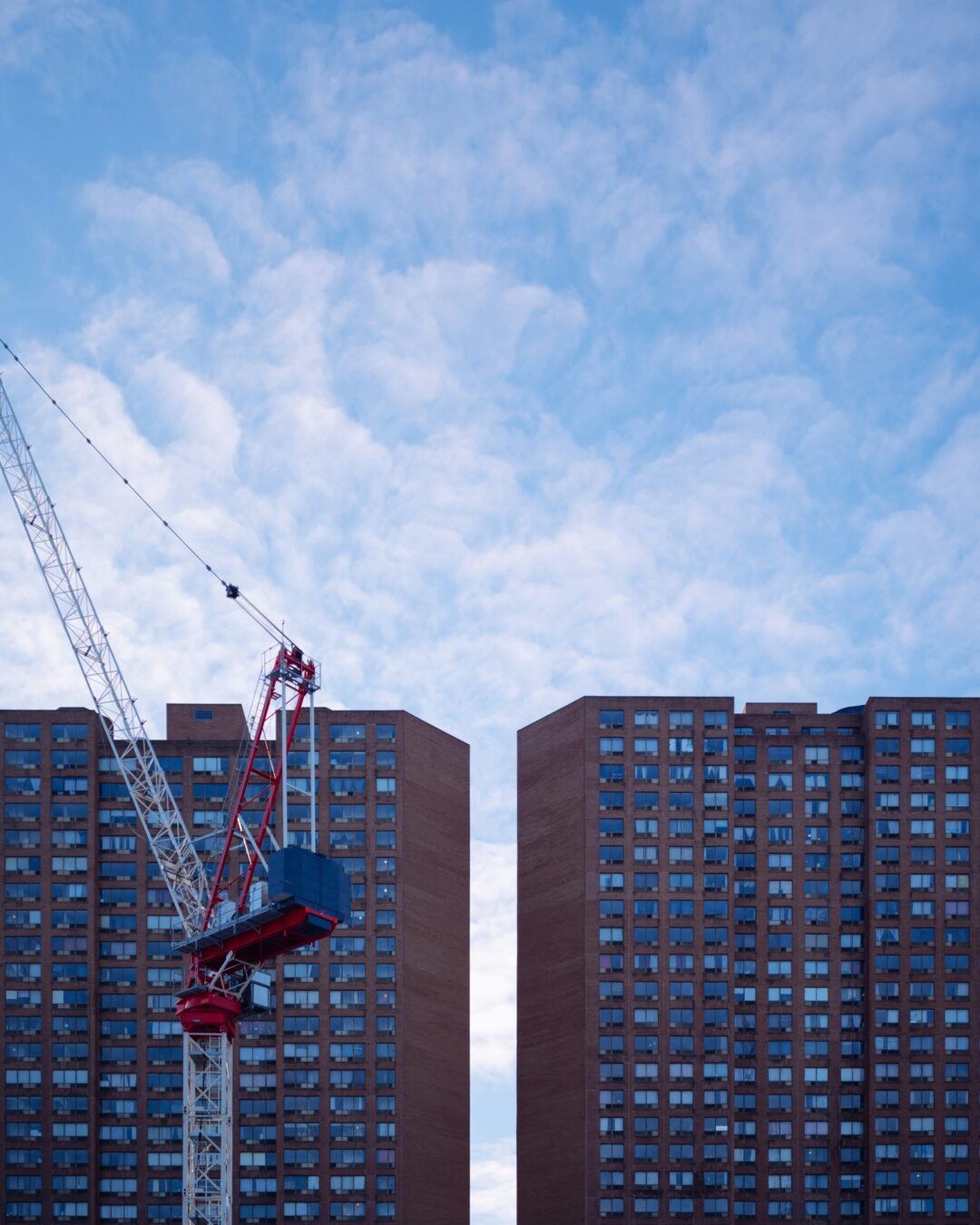Andre Bermon –
New rules to ensure rooming houses safeguard their tenants and respond to neighbourhood concerns are getting thumbs down from some Cabbagetown South homeowners.
Unease has been brewing in the quaint Victorian neighbourhood since a minor variance was awarded in July to accommodate a 12-unit rooming house at 268 Seaton Street. According to architectural drawings submitted by the landlord, the three-storey semi-detached home will have four units on each of the three floors, each with a bathroom and a shared kitchen.
Letters of objection to the Committee of Adjustment question the owner’s competence to maintain the property while protesting against adding another rooming house in the neighbourhood. Cabbagetown South residents say their community is being unfairly targeted given the large number of existing social services and low-income housing in the area.
Of the 369 licensed rooming houses currently operating in Toronto and East York, a quarter are in Ward 13 (Toronto-Centre).
Residents who spoke to the bridge say 268 Seaton was an income property exploited by its owner with little care about the tenants or surrounding community. Since a fire broke out on the property in 2018, the house has been empty. Despite a recent clean-up effort by the landlord, neighbours say the property was derelict for years.
From 2018 to 2022, 52 people died or were injured by fires in Ward 13, the most in the city, according to Toronto Fire Service statistics. Several of these fires occurred at licensed rooming houses.
To update regulation of multi-tenant homes, City Council passed a new framework that came into effect on March 31 that a city spokesperson says forces housing operators to be more conscious of tenant needs and to better maintain their properties. All rooming houses, including in areas they were previously banned, such as North York and Scarborough, now require a licence to operate.
In the downtown area, the maximum number of dwelling units is now capped at 12 or 25 depending on local zoning laws. In Cabbagetown South, the maximum is 12.
To comply with the new rules, operators must develop property maintenance plans, including processes for tenant service requests, pest management, and waste management and collection. The city says this will improve property maintenance standards and ensure that tenant requests are addressed in a timely fashion. Operators will also need to comply with the provincial Building Code, Fire Code and Electrical Safety Code.
The framework is being phased over three years, focusing in the first year on bringing previously licensed operators into compliance. New operators will have 12 months to fulfill the new requirements.
To address accountability, a new licensing tribunal will enable public and municipal authorities to deal with offences at a court-like setting. The tribunal has the authority to refuse, suspend or revoke rooming house permits. Members will be appointed by the city for four-year terms.
The city’s Municipal Licensing and Standards division will be responsible for inspections, which must occur at least once during licensing approval. Additional inspections will respond to service request complaints made through phoning 311 or by emailing 311@toronto.ca.
An effective compliance program will determine community buy-in. Cabbagetown South residents the bridge spoke to were both skeptical and encouraged by the city’s new rooming house framework.
For more information on the city’s multi-tenant framework, contact 311 or visit the city’s website, www.toronto.ca



